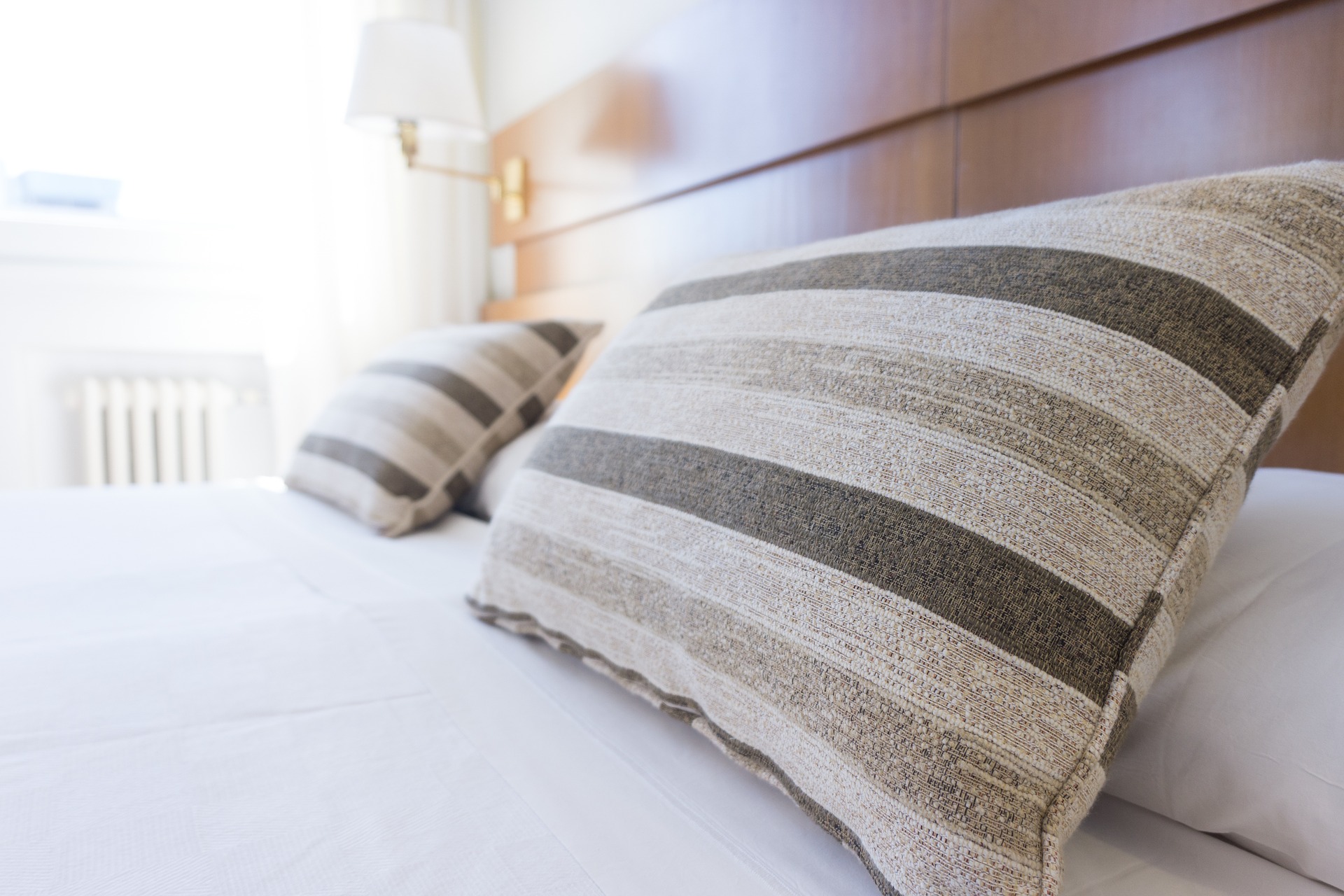We’ve all been there. Staring at the ceiling, watching the fan go around and around, waiting for sleep that never comes. Maybe you are overstressed at work or you are dealing with some sort of medical condition, you need sleep. Sleep improves cognitive functioning, mental health, and physical capabilities.
It is recommended that we get seven to eight hours of sleep each night, however, everyone is different and this changes from person to person. Bad sleep habits and long-term sleep loss will affect your health. Ongoing sleep deficiency is linked to increased risk of heart and kidney disease, high blood pressure, diabetes, and stroke.
When it comes to sleep, not only does quantity matter, but quality as well. When someone’s sleep is interrupted or cut short, they miss out on some stages of sleep such as deep, REM sleep. If the problem persists, it can affect physical and mental health.
Tips For Falling Asleep
Along with eating well and being physically active, getting a good night’s sleep is important for healthy living. Here are a few tips to help you fall asleep and stay asleep.
Stick To A Schedule — One of the best ways to consistently get a good night’s sleep is to set a schedule for yourself and stick to it. Even on the weekends, you should remain on the same program.
Exercise — As mentioned before, exercise is a great way to stay healthy and improve your well-being. Trying to exercise at least 30 minutes per day and not later than two to three hours before bedtime. Exercise is a great way to tire yourself before bed, but doing it too late in the day can prove to be problematic.
Avoid Alcoholic Drinks — Many people choose to go for a “nightcap” before bed but alcohol can actually interfere with healthy sleep. While it might help you get to sleep faster, alcohol tends to keep you in lighter stages of sleep and causes many to wake up in the middle of the night when the effects have worn off. For some, alcohol has become a regular part of life, if this is the case and you are struggling to stop drinking you can find resources for alcoholism help online.
Avoid Caffeine And Nicotine — Along with alcohol, substances like caffeine and nicotine can interrupt sleep. The stimulating effects associated with coffee, colas, some teas, and chocolate can take up to eight hours to fully wear off. Along with caffeine, nicotine is a known stimulant that can make it hard to fall asleep.
Don’t Take Naps After 3 p.m. — For many, naps can help boost brain power and provide a well-needed break in the middle of the day. However, if you take a nap too late into the day, it can make it hard to go to bed later in the night.
Limit Screen Time — With the influence of today’s technology, things like smartphones and tablets may be keeping you up at night. Luckily, there are “night mode” settings that you can turn on in your phone or other devices to help get you ready to fall asleep.
Sunlight Exposure — Daylight and exposure to vitamin D is key to regulating your daily sleep patterns. Getting outside in natural sunlight for at least 30 minutes a day can help your circadian rhythm and help you fall asleep and stay asleep.
Whether you choose to exercise more, avoid alcohol, or get more sunlight, all of these can help you improve your ability to fall asleep and stay asleep. Not only will your quantity of sleep increase but the quality will as well as you get more deep, REM sleep.
As mentioned before, sleeping can help improve long-term health and will reduce the risk of certain health problems such as stroke, high blood pressure, and diabetes.


